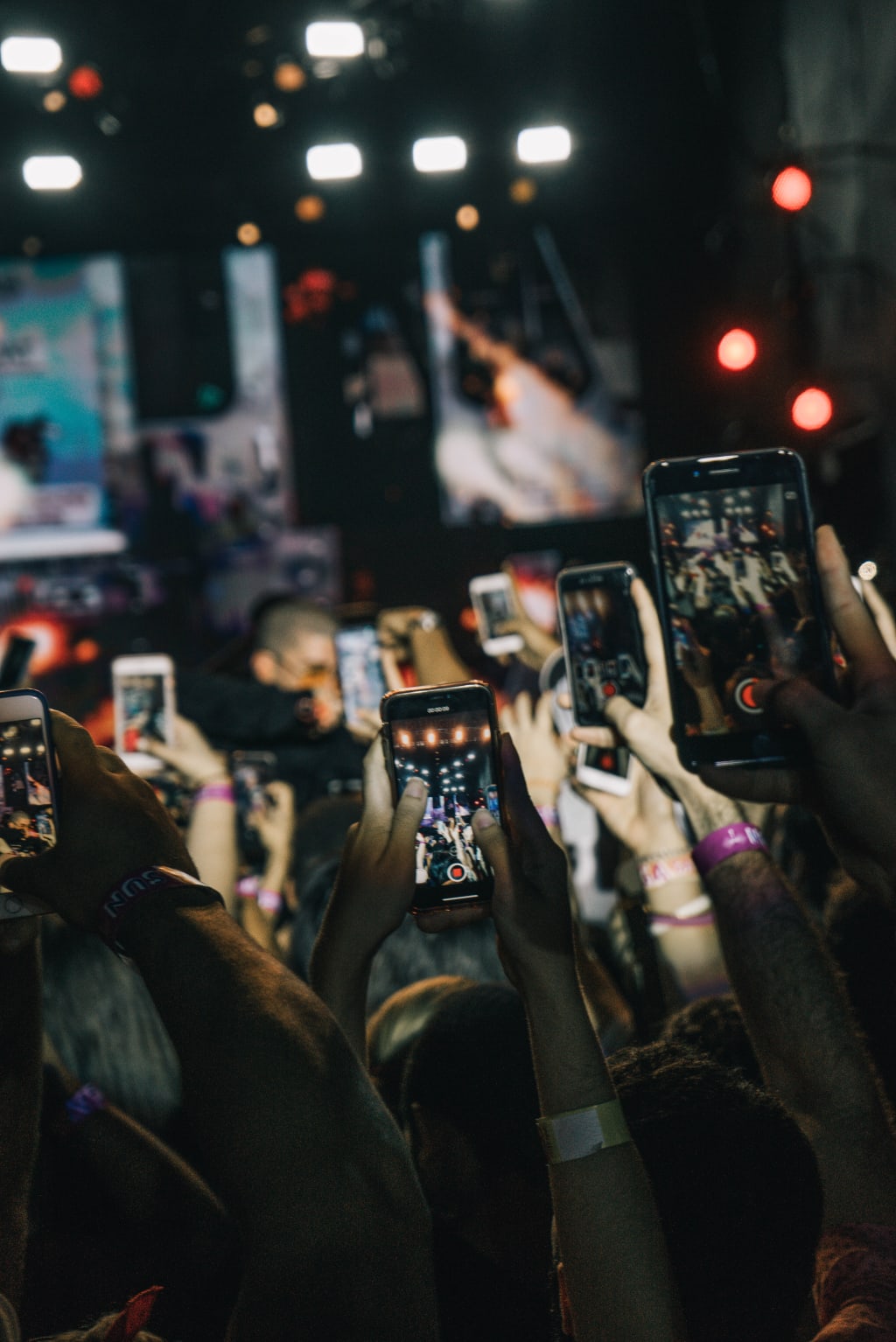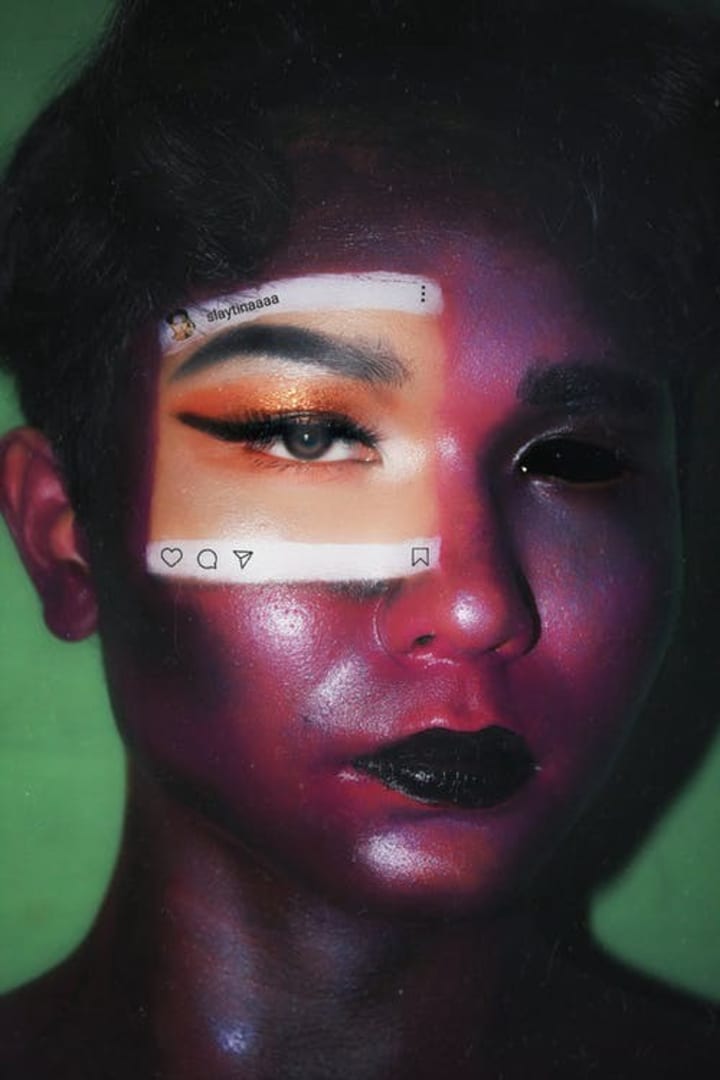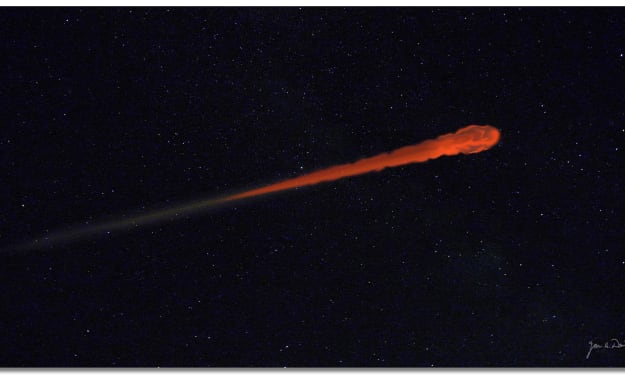It Is not just Life, It Is Fiction
Our Fictional World

“That’s what fiction is for. It’s for getting at the truth when the truth isn’t sufficient for the truth.” ― Tim O’Brien
This weekend a friend of mine asked me what I thought the difference between fiction and reality might be. Such a question reminded me of my last years in college when my friends and I used to try to explain everything by referring to philosophical theories. And yet, for many people fiction is not a kind of subject we can speak about in “normal” life, in that it is a hermetic matter, confined to academic and prominent artistic works. When it comes to comparing fiction with reality it is obviously a more abstruse subject than the former all alone.
My friend and I have quite different points of view about the subject. Therefore, the conversation with him went on rather intensely. Although it did not have much more importance than a little chat to fill up the time at the beginning; in the end, I enjoyed the moment.
During the debate, I assumed that fiction and reality are not that different, it is only a question of context and support, whereas my friend thought they are different. Here was his conclusion: the main difference between fiction and reality is that the first one is most likely untrue, and then the second is true. My problem since the beginning was that it is not easy to identify what is true from what is not, and neither would it be easy to distinguish reality from unreality. Everything is potentially true and real depending on the context, the perspective of whom it is addressed to, and the identity of the individual or institution who owns the discourse.
When I arrived home, I took a seat and started to think about the discussion we had had. At this moment, another idea came up to my mind. Guess what? After this brainstorming over fiction, I found the argument of this text: More than ever before life has become a complete fiction. Why did I come to this conclusion?
Well, nowadays we tend to see life with a rationalized eye. It seems that most ideas and facts must be proved and analyzed meticulously before getting to the public. But, still, fictions have invaded us and, for the better or worse, life has become meaningless without the bliss of hyperboles, similes, metaphors, metonymies and all the figures of speech that make poetry and arts, works of fiction when mixed up with the exulted sense of experiencing something most likely true, whose main purpose is elevating us up to a much higher level than the humanness. Such an elevation is nothing but the creation of life both outside and on behalf of life.
What is Fiction
I am not the first one to give my opinion about fiction and reality. Most artists of fiction have their own ideas about their works. When analyzing fiction through the magnifying glass of reality, much specialists point out these four following ideas: first, fiction influences reality, because ideas from most classic fiction texts have been forging our societies since the very beginning. Most of our habits and cultural patterns are first conceived fictionally before being adapted in our societies. Second, fiction foresees and creates reality, in a way that science might stagnate if there was no fictional ideas that could have us imagine new situations, and new ways to cope with them. Third, fiction is a source of inspiration for scientific and technological innovation, this aspect is perhaps better proved in science fiction, however it can also be applied to describe most fictional genres. If fiction is so important in our life, then how can we define it?
The first definition I have found for fiction in Merriam Webster is that it is “something invented by the imagination or feigned.” The three key words of this definition are invent, imagination, and feigned. According to this definition, fiction is everywhere. Only a slight observation would have us discover the presence of fiction: What is life for us, if not something our ancestors have imagined and then created? What is our own projection of life, if not some feigned selves we upload and share on social media through videos, texts, and images? What would we leave behind when we die, if not uncountable pieces of fictional works?

Conceiving Social Media as Fiction
“Fiction is the lie through which we tell the truth.” ― Albert Camus
We have created many lives on behalf of life through internet and social media. Each picture shared is a proof of our past and present life on this earth. The picture itself has a separate life and will acquire much more experiences than the moment it has been dedicated to, because the platforms on which we share the picture is another dimension of this universe, quite visible but still untouchable, impalpable and more polysemic even.
With one photo shared I can create a highly creative and genuine version of me. With the help of social media and all the photo editors that emerge due to this fictional context, I can also make this photo as aesthetic as it could possibly be without great efforts and proficiency at new technology. Most pictures and videos we publish on media are not just lies about our identities, they are imagined selves, creations, and artistic elevations.
Our Alter Egos
“Artists use lies to tell the truth. Yes, I created a lie. But because you believed it, you found something true about yourself.” ― Alan Moore, V for Vendetta
Before publishing something, we ask ourselves and/or our best friends if the photo or video is beautiful, if people would love it. We wish that our alter ego would be as imagined in our followers’ and friends’ mind, however they might see it very differently. It is art, let them have their own vision about it. Trying to publish something that people love is part of the whole artistic journey. However, the most important thing is creating in a way that can make people react to the message and forge their own thought about it. Fiction is above all a mean through which the author expresses their emotions and let the public express theirs as well.
That is, even when it was not created for social representation, your publication is a mirror, which projects different faces depending on the person who is looking at it, the moment when they are watching it, and from which angle they are seeing it. As time has passed by and their perceptions of themselves have changed, your publication has also become a different work even if it is the same person who is observing it.
Furthermore, through what we share on social media we tell people what we would like ourselves and life to be. We let slip our dislike and disagreement about ourselves and the world we are living in. We share our fears, our passions, our weaknesses, and our strengths. We tend to valorize the part we love and hide what we don’t. The poses and angles we take in our photos tell people what parts of ourselves we appreciate the most as well as the ones we thought people would admire.
People who see or read our publications also project their fears, their passions, their weaknesses, and their strengths on these publications. It is a way for them to discover new ways to become who they want to be and foster their own creativity. We, as human beings, are never totally subject nor totally object of art in social media. We are both object and subject, altogether in varying levels depending on the context.
Social media has democratized fiction, so as anyone can share their most personal arts. We are all free to have our artistic taste, and then express it. Each one of our posts is still an outside version of our life and thought, most likely untrue; but they are still palimpsests for people to write their owns. Hence, social media is perhaps the upmost way for us to create collaborative fictions and arts.
Reader insights
Outstanding
Excellent work. Looking forward to reading more!
Top insights
Expert insights and opinions
Arguments were carefully researched and presented
Easy to read and follow
Well-structured & engaging content
Excellent storytelling
Original narrative & well developed characters
Eye opening
Niche topic & fresh perspectives







Comments (8)
Well written Marie. Let's subscribe each other to get more updates. Well I have written article on buying Happiness. I will be glad if you read this. Thank you. https://vocal.media/psyche/buying-happiness
Nice work!
“Artists use lies to tell the truth. Yes, I created a lie. But because you believed it, you found something true about yourself.” Pure gold!
Excellent!!!😊💕
I like to write fantasy and sci-fi fiction, but I often place morphed elements from my own life into the storylines. There is an elements of truth to them, yet grandiosely modified by imagination. I love your take on it, and envy that you have friends willing to have these types of conversations with you. :)
Excellent words
Where there is fiction, there is almost always an element of truth. I write fiction myself, some of which are based on fantasy, though fiction often involves characters and places based on realist settings that exist in reality even though the characters themselves may be fiction.
Great article!
This comment has been deleted